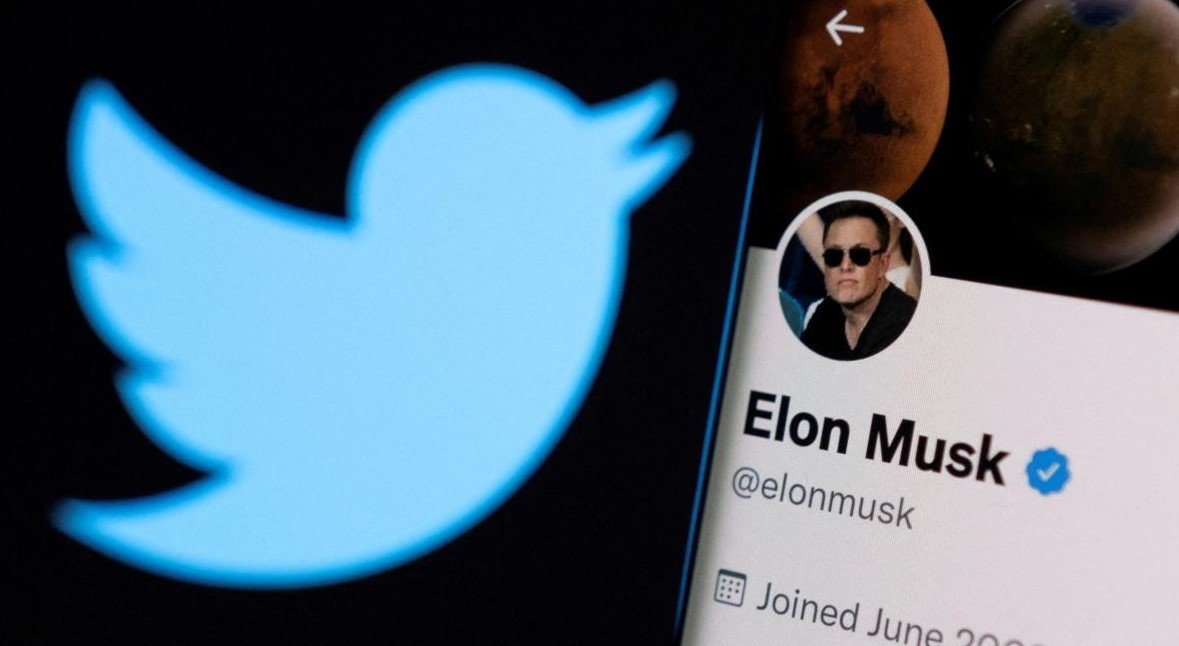 New York: The so-called “poison pill” Twitter has proposed to use against Elon Musk‘s potential hostile takeover is a mechanism with a proven track record that could force the outspoken entrepreneur into negotiations.
New York: The so-called “poison pill” Twitter has proposed to use against Elon Musk‘s potential hostile takeover is a mechanism with a proven track record that could force the outspoken entrepreneur into negotiations.
To halt a takeover, the board plans to activate the pill if the Tesla CEO comes to own more than 15 percent of Twitter. He already holds 9.2 percent of the company and said Thursday he has ready the $46.5 billion necessary to make an offer for the rest.
Such a “pill” would allow other Twitter shareholders to purchase shares at half price, increasing the amount of shares in circulation and weakening Musk’s influence.
It would then be nearly impossible for him to take total control of the company without having to spend significantly more than he had originally planned.
“The dilution created by this defense has generally served its intended deterrence effect,” explained Eric Wehrly, associate professor of finance at Western Washington University.
The “poison pill” was invented 40 years ago by business lawyer Martin Lipton to counteract a wave of hostile takeovers on Wall Street.
“It was the age of the corporate raiders,” Lipton explained to the media site The Deal in 2011, from investors such as Carl Icahn to Kirk Kerkorian.
Quickly contested in court, the practice was declared legal for the first time in 1985 by the Delaware Supreme Court — a tax-friendly state where Twitter, although officially based in Californian, is incorporated.
“Delaware is the home to roughly half of publicly traded companies in the US and has fairly well established law regarding the implementation of poison pills,” said Jon Karpoff, a finance professor at the University of Washington.
“Unless there’s something unusual about Twitter’s pill, which I would highly doubt… Musk would be unlikely to have a successful legal challenge,” he said.
Boston College associate law professor Brian Quinn doesn’t think the issue will even end up in court. “Elon Musk has no case,” he said.